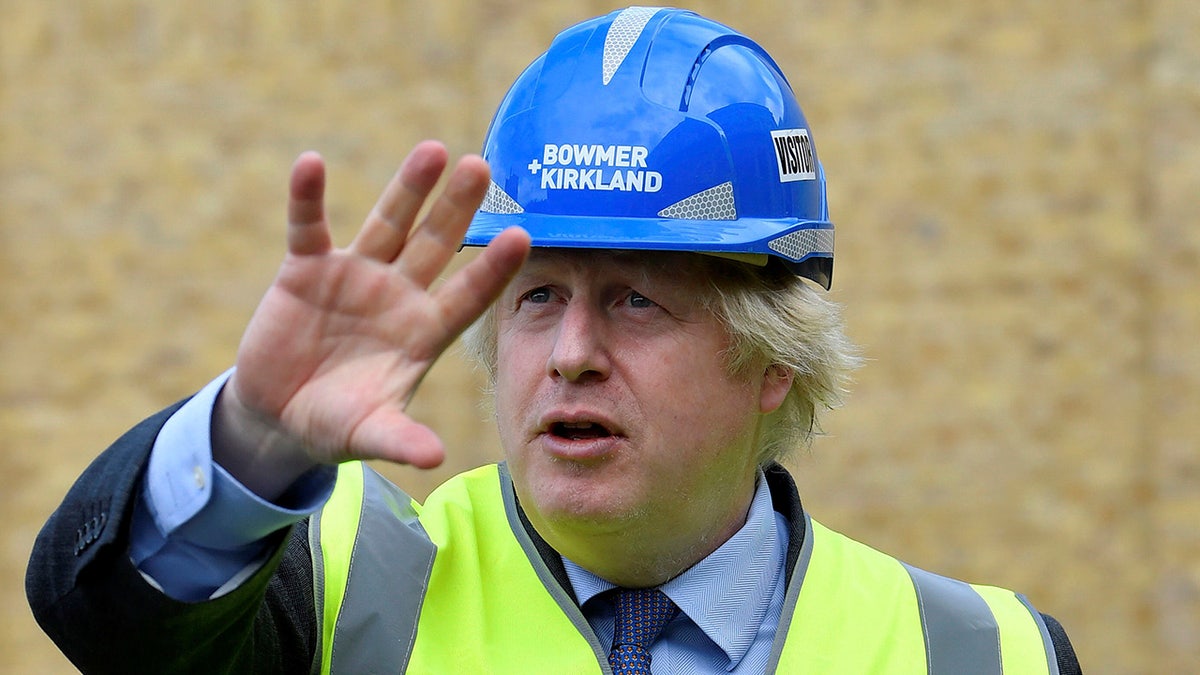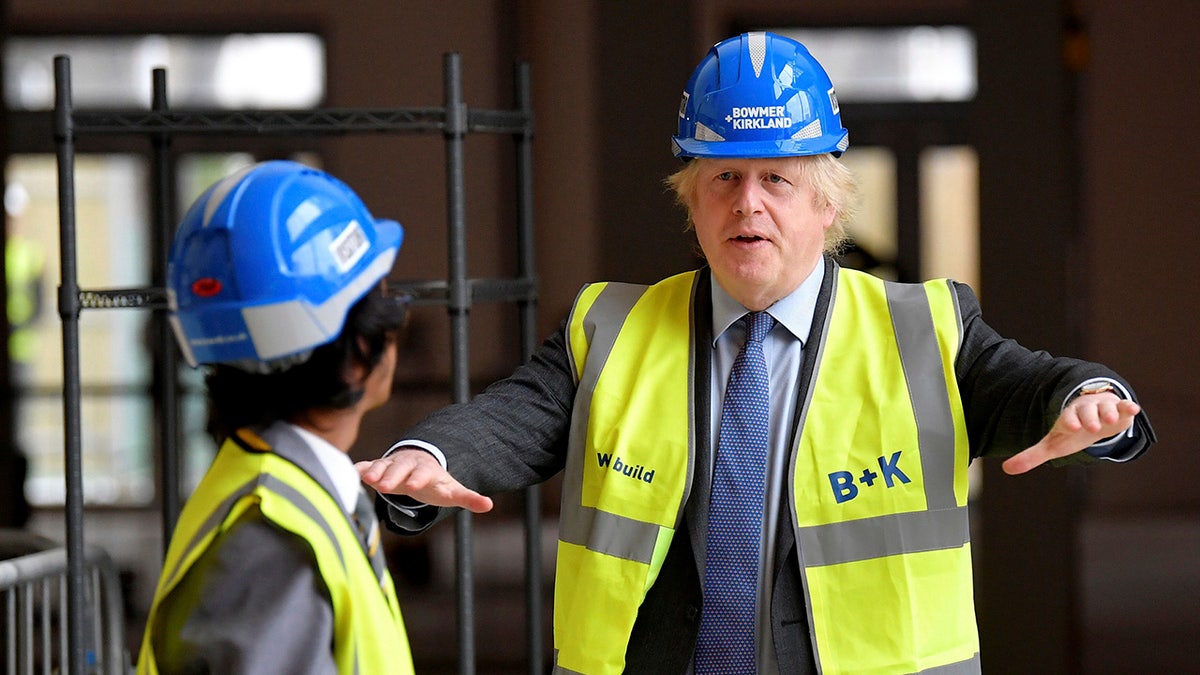Boris Johnson returns to work in UK; Spain's children allowed outside for first time in weeks
Benjamin Hall has the latest COVID-19 news from around the world.
British Prime Minister Boris Johnson on Monday anticipated “bumpy times” ahead as he rolled out a new “big plan” to reinvigorate the United Kingdom’s economy coming out of the coronavirus pandemic, but he warned that going back to austerity would be “a mistake.”
Johnson, who himself spent days in intensive care after testing positive for COVID-19 in April, instead vowed a “Rooseveltian approach” akin to former President Franklin D. Roosevelt’s New Deal policies that helped the United States recover from the Great Depression.
Previous Conservative governments have taken on austerity policies looking to cut public spending in an attempt to lower a national debt that was swollen by the 2008 global financial crisis.

Britain's Prime Minister Boris Johnson visits the construction site of Ealing Fields High School in west London on Monday, June 29, 2020. (Toby Melville/Pool via AP)
But Johnson won a large majority in Parliament in December with a promise to rebalance Britain’s London-dominated economy and revive the long-neglected former industrial regions of central and northern England.
On Monday, the prime minister said 1 billion pounds ($1.25 billion) would be invested to build new schools, and a series of other infrastructure projects will be unveiled later this week.
“This has been a disaster,” Johnson told Times Radio. “Let’s not mince our words. I mean, this has been an absolute nightmare for the country, and the country’s gone through a profound shock."
“But in those moments, you have the opportunity to change and to do things better,” he said. “This is a moment now to give our country the skills, the infrastructure, the long-term investment that we need.”
"I think this is the moment for a Rooseveltian approach to the UK," he continued. “In the end what you can't do at this moment is go back to what people called austerity, it wasn't actually austerity but people called it austerity, and I think that would be a mistake.”
Johnson on Monday visited the construction site of Ealing Fields High School in west London to signal his commitment to big-money pledges on schools, housing, and infrastructure as the country emerges from a three-month lockdown.
He said he aims to “get businesses to be confident, to start investing, to start taking people back on and start creating new jobs and driving new growth," Sky News reported.
Critics want to know where the money will come from. The economic freeze caused by the pandemic has left Britain facing a deep recession — the Bank of England estimates that the U.K. economy could end the first half of 2020 around 20 percent smaller than at the start of the year.
The coronavirus outbreak in the U.K. left at least 43,550 dead, the third-highest death toll in the world after the United States and Brazil. Deaths and new infections are now declining, but slowly, and Britain lags behind its European neighbors in reopening society and the economy.

Britain's Prime Minister Boris Johnson talks with year 10 pupil Vedant Jitesh during a visit to the construction site of Ealing Fields High School in west London, Monday June 29, 2020. (Toby Melville/Pool via AP)
CLICK HERE TO GET THE FOX NEWS APP
The U.K. faces another economic shock at the end of this year when a post-Brexit transition period ends, casting the country out of the 27-nation bloc’s vast single market.
Critics have accused Johnson’s government of being too slow to impose a nationwide lockdown, of failing to get enough protective equipment to medical workers and of botching the launch of a test-and-trace system to control new outbreaks.
The Associated Press contributed to this report.

